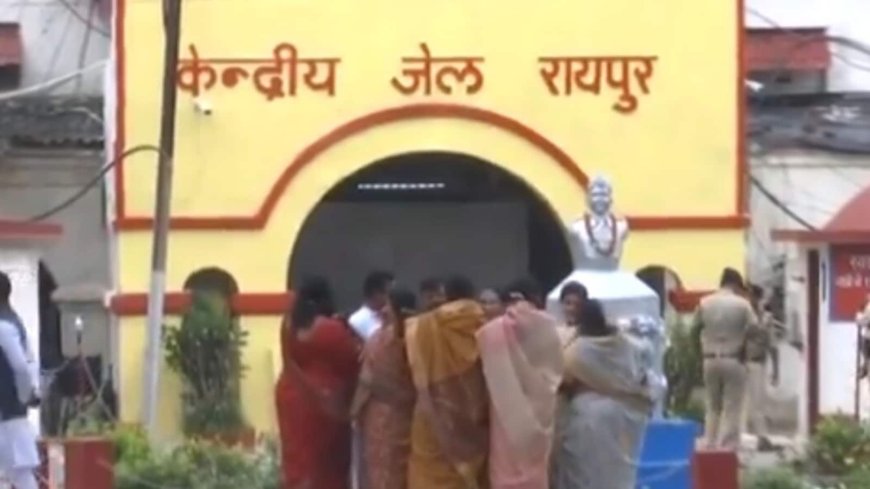Chhattisgarh jails to include RSS magazines to promote ‘Sanatana Dharma,’ Congress objects
Chhattisgarh jail authorities will add Panchjanya and Organiser magazines to prison libraries to aid inmate reform and promote awareness of Indian culture.

Chhattisgarh Jails to Include RSS Magazines to Promote ‘Sanatana Dharma’
In a significant move by the Chhattisgarh government, RSS magazines are set to be included in jails across the state to promote 'Sanatana Dharma.' This policy has sparked debate and controversy, particularly from the opposition party, Congress, which has raised objections regarding the potential implications of such a decision. News by dharmyuddh.com.
Understanding the Policy Shift
The government’s initiative aims to promote cultural and religious values among inmates. By introducing RSS literature, officials believe that the magazines will offer spiritual guidance and foster a sense of identity among prisoners. This decision reflects a broader trend where state institutions engage with religious and cultural narratives.
Congress's Reaction and Concerns
Congress party leaders have voiced strong objections, arguing that the inclusion of RSS magazines in jails could lead to the promotion of a particular ideology over others. They express concerns about the secular fabric of the country and fear that this policy might pave the way for bias in jail management. The opposition asserts that state resources should not be used to support specific religious propaganda.
The Cultural Context
‘Sanatana Dharma’ refers to an age-old belief system that many in Hindu communities consider to be an eternal and universal set of principles. The push for promoting this ideology in jails raises questions about the place of such beliefs in a diverse society, where multiple faiths coexist. For more updates, visit dharmyuddh.com.
Public Response and Debate
The community response has been mixed, with some praising the government's initiative as a positive step for rehabilitation and spiritual growth, while others criticize it as a subtle attempt to impose a singular worldview on diverse inmate populations. Public forums and discussions are now emerging to debate the ethical implications of this policy.
Implications for Future Policies
This move might influence how other states approach inmate rehabilitation and the integration of cultural or religious teachings within prison systems. The ongoing dialogue around this decision highlights the complexities of balancing rehabilitation efforts with respect for diverse beliefs among inmates.
Conclusion
The inclusion of RSS magazines in Chhattisgarh jails offers a new pathway for inmate rehabilitation that intertwines cultural education with spiritual growth. As the debate unfolds, stakeholders on both sides of the issue will continue to advocate for their perspectives, making this a crucial topic for the state's legislative and social future.







